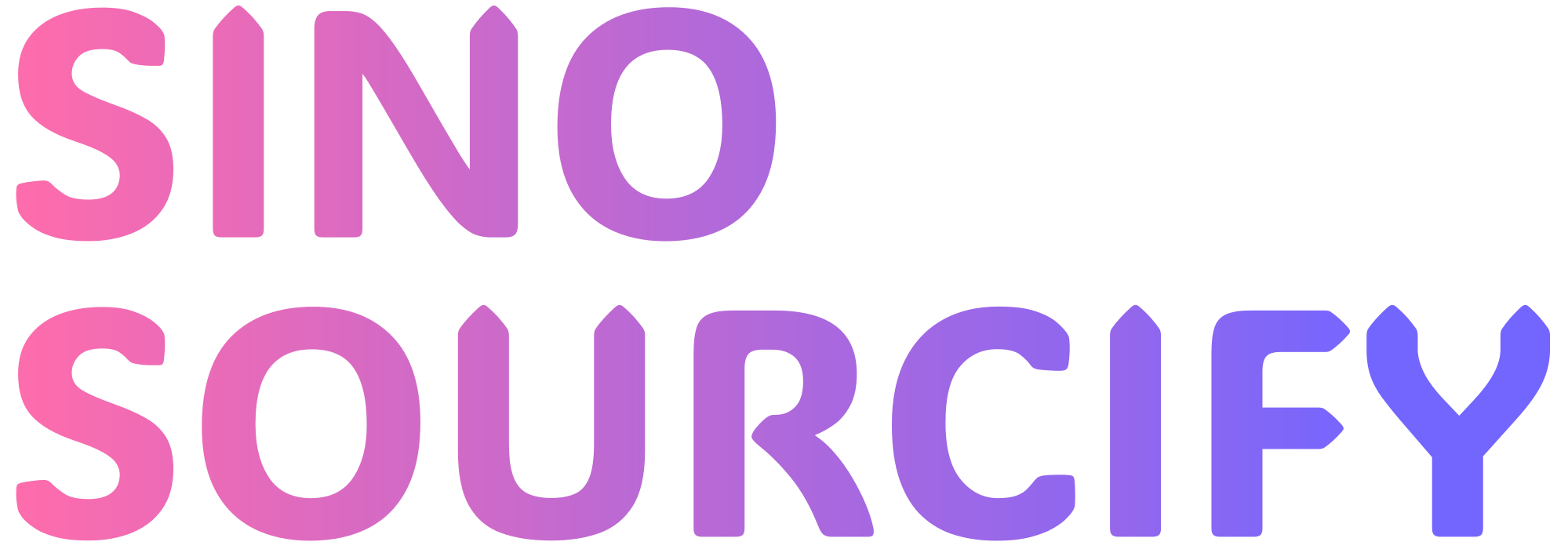In today’s globalized economy, ethical sourcing and responsible manufacturing have become critical priorities for businesses worldwide. China, as the world’s largest manufacturing hub, plays a pivotal role in supply chains across industries. However, ensuring ethical labor practices, environmental compliance, and workplace safety in Chinese factories requires rigorous oversight. This is where ethical factory audits come into play.
Why Ethical Factory Audits Matter
Ethical factory audits serve as a vital tool for companies like Long to maintain transparency and accountability in their supply chains. These audits assess working conditions, wage practices, environmental impact, and overall compliance with international labor standards. For brands committed to corporate social responsibility, such audits are non-negotiable.
Key Components of an Effective Audit
A comprehensive ethical factory audit typically examines:
- Labor conditions and working hours
- Health and safety standards
- Environmental compliance
- Wage and benefits verification
- Child labor prevention
- Management systems and documentation
Challenges in the Chinese Context
Conducting ethical audits in China presents unique challenges. The vast geographical spread of factories, cultural differences in business practices, and sometimes inconsistent local enforcement of regulations require specialized expertise. Long understands these complexities and works with experienced auditors who combine local knowledge with international standards.
The Long Approach to Ethical Auditing
At Long, we believe ethical audits should go beyond simple compliance checks. Our approach integrates:
- Unannounced inspections for authentic assessments
- Worker interviews conducted confidentially
- Continuous improvement programs
- Technology-enabled monitoring solutions
The Future of Ethical Manufacturing in China
As consumer awareness grows and regulations tighten, ethical factory audits will only become more crucial. Forward-thinking companies like Long are leading the way by making these audits an integral part of their supplier relationships, not just a box-ticking exercise.
By prioritizing ethical audits, businesses can build more sustainable supply chains, protect their brand reputation, and contribute to better working conditions worldwide. In China’s evolving manufacturing landscape, this commitment to ethics represents both a challenge and an opportunity for responsible growth.




